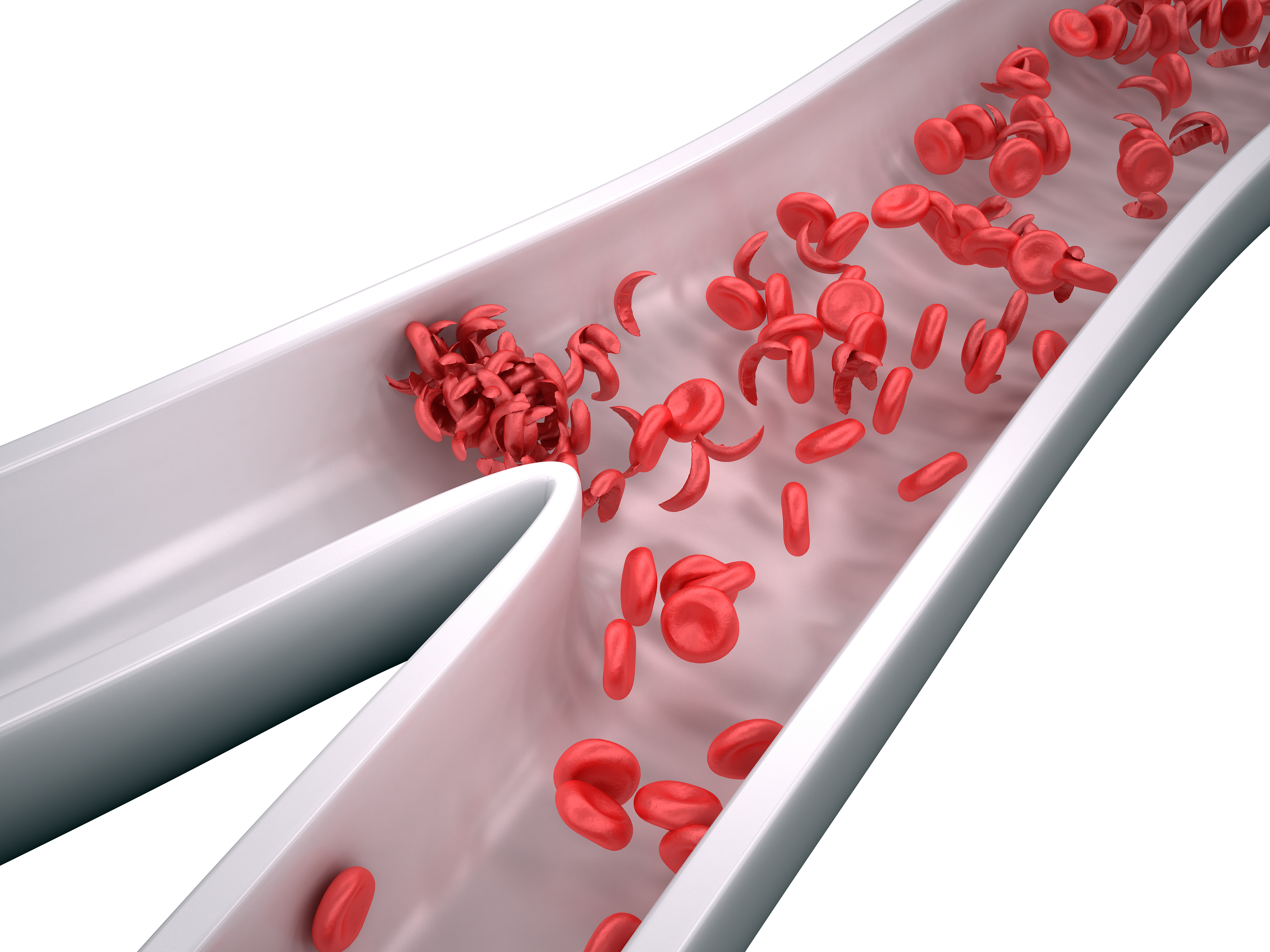DIAGNOSIS
A blood test can check for hemoglobin S, the abnormal form of hemoglobin that regulates sickle cell crisis. Children and adults can also undergo this test.
TREATMENT
Bone marrow transplant or stem cell transplant shows potential as a cure for this disease. It applies to individuals at the age of 16 and below. This procedure is serious and at the same time dangerous. Individuals 16 years old and above have higher risks related to it, including death.
According to the Centers for Disease Control and Prevention, children below two years old who are positive with sickle cell crisis should have frequent appointments with their doctor. Children above two years old should have check-ups regarding their condition once in a year.
Treatments for sickle cell anemia involve the prevention of complications, pain management, blood transfusion, and bone marrow transplant.
Medications
Antibiotics. Children aged two months old who are positive with sickle cell anemia may be given prescription antibiotics such as penicillin. They should take them until they reach five years old. Taking antibiotics can help prevent infections.
If an adult has a history of pneumonia or had the spleen detached, antibiotic therapy might be lifelong.
Pain-relieving medications. Medications such as analgesics and NSAIDs are prescribed to help relieve pain.
Hydroxyurea (Droxia, Hydrea). Some studies show that this medicine can help block the production of fetal hemoglobin. It also helps in relieving pain due to sickle cell crisis and also lessens the need for blood transfusion.
Ask your doctor before taking this medication to know whether it is good for you or your child. If you are pregnant, this drug may not be suitable for you.
Vaccinations to prevent infections
Vaccinations are important because they help in fighting infections and diseases. Vaccination in children with this disease is essential because it can reduce the severity of infections.
Blood transfusions
Blood transfusion is a way of adding red blood cells in a patient with sickle cell anemia.
Blood transfusions bring about some health issues such as excess iron accumulation in the body and infection. Excess iron can affect the heart and certain organs in the body. People that frequently have blood transfusion might need treatments to decrease iron levels in the body.


